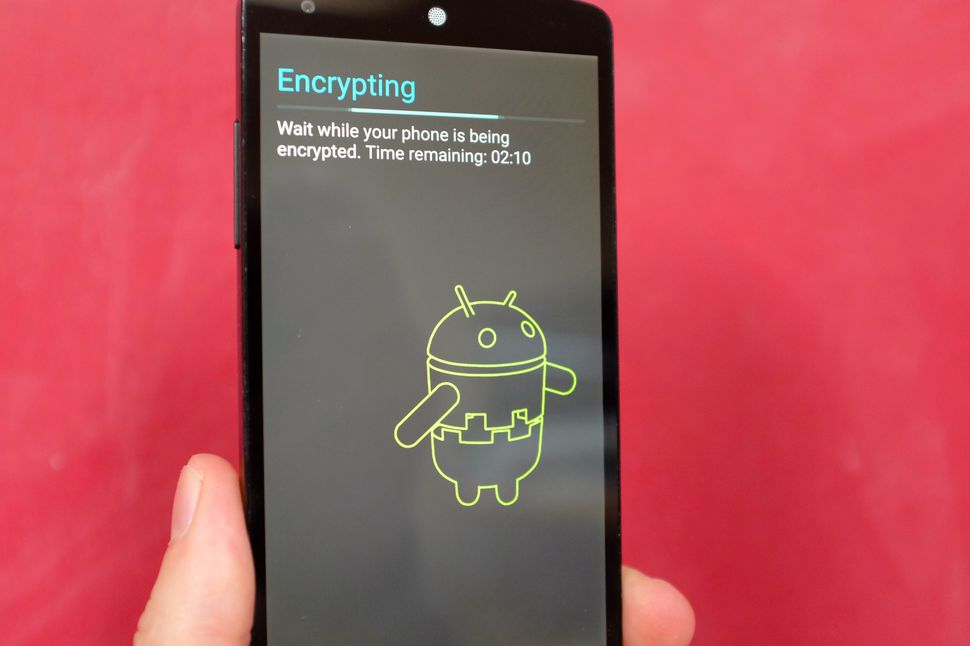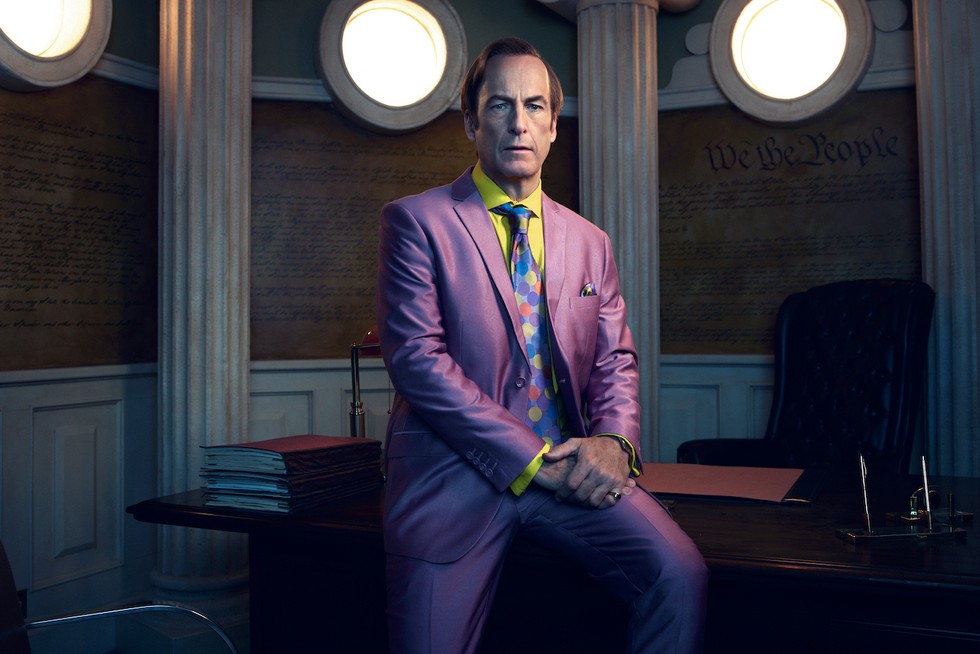
A judge from California ruled that authorities cannot force individuals to unlock smart devices that are protected with biometric features like the face, fingerprints or irises.
The order denied a search warrant that was connected to a fraud crime committed through Facebook. The judge admitted that there were reasonable grounds for the warrant but the formulation was a bit sketchy. The warrant asked for permission to unlock all the smartphones found on the premises. The request was deemed to be exaggerated since it would have allowed the agents to ask and force every individual found in the house to unlock their device.
The judge has also underlined that law enforcement cannot oblige people to unlock their devices even if they have a warrant, noting that biometrics are equal to passcodes. Most courts have decided to allow biometrics unlocks since body parts are not deemed to be testimonial. Passcodes have to be shared willingly in a verbal manner a fact that covers them under the Fifth Amendment which protects people against self-incrimination.
The ruling argues that if a person cannot be obliged to provide a passcode since it is considered testimonial communication, there is no reason to oblige the same person to provide biometric data like fingerprints, iris, face or other biometric information that is able to unlock the device. The court also considers that a biometric feature can be deemed analog to the 20 signs that are used during a polygraph test, which are accepted as testimonial evidence.
Judge Kandis Westmore also mentioned that technology is advancing faster than the law and FBI can resort to other methods in order to obtain the desired information. A warrant that asks Facebook to provide Messenger conversations under the Stored Communications Act is one of the alternatives. Facebook has been willing to help courts and in the past and it is likely that the request would be granted.
The decision has been saluted by the senior staff attorney for the Electronic Frontier Foundation.
Nora Reynolds is a major in biology and a minor in Biological Basis of Behavior, writing about science in general. She also likes to try new gadgets and sports about the AI new era.







